World Artists and their Story, 9 Maria Marín
World Artists and their Story, 9 Maria Marín
Maria Marín is a classical guitarist and she sings flamenco, the Spanish folk music and dance from Andalucia in southern Spain. She comes from this region, to be exact from Utrera, not far from Sevilla. I spoke to her at a terrace of a café at the Plein, in the centre of The Hague.
I had seen her perform at a recital organized by Edith Bergansius of the Spaans Genootschap / The Iberico Society and the Spanish Embassy. She played classical Spanish works before the break, a fandango of Dionisio Aguado, a mazurka of Tarrega and compositions of Miguel Lobet and Alonso Mudarra. After the break she played the guitar and sang flamenco by the modern composers Manuel de Falla and Feliu Gasull. It was a beautiful performance and the audience clapped profusely to show their appreciation.
The Hague Conservatoire
Maria Marín, or Maria Marín Gordillo, as is her full name, lives in The Hague at the moment. Her concerts are held in Holland and in Spain, but mostly in Holland.
Three years ago she graduated from The Hague Conservatoire and received a Masters in Classical Guitar. Maria : ‘Mostly I play music by Spanish composers from different periods; Early Music, Romanticism and contemporary music with composers such as Alonso Mudarra, Dinisio Aguado, Miguel Llobet, Manuel de Falla and Albéniz.
At the Conservatory I became proficient in other composers, Bach for instance. I love Bach but the Spanish composers and the Phrygian scales are closer to me. The Spanish harmonies are from the Andalusian scales and the folkore music. ’
She started very young. When she was 7, in addition to conventional school she attended t music school, the conservatory for the young, in Sevilla. Many times her father drove her to the city and he always had flamenco music on the radio. She continued at the conservatory for the young for six years to get a medium degree and after that four years for the bachelors degree. Not only was there flamenco music in the car, also at home there was also flamenco music. And her mother was always singing, vacuuming the floor, doing the dishes and cooking at the same time to the music. It became a lifestyle for her. ‘I wake up singing, I’m singing in the shower and I’m singing when I am preparing meals.’
Singing flamenco
When she was 16 the Orquesta Joven de Andalucía needed a singer. The conductor talked to her and said he would be very glad if she could perform with them. She consented and sang the Canciones populares antiguas by the poet Federico Garcia Lorca. Maria Marín: ‘This was a great experience for me. It was very emotional. At that moment it dawned on me: I want to sing flamenco. I don’t want to play classical guitar only.’ Her mother sceptical: flamenco had a connection with a dangerous lifestyle, with drinking and smoking and a high risk circuit.
Maria: ‘Flamenco is the Spanish folk song. It started at the end of the 15th and the beginning of the 16th century. The Arab people were still in Andalusia at the time. The gypsies contributed a lot and also the Africans. The music has the temperament of Andalusia. All the composers live there.
Performing
She came to the Netherlands in 2010. The Royal Conservatoire in The Hague had a great name all over Europe and this is were she wanted to study for a Masters in classical guitar. One of her teachers, Zoran Dukiç, said to her: ‘You have to play music that touches you emotionally.’ She followed his advice. Three years ago she got her degree and she started working as a musician. She is self-taugh in flamenco singing. She performs solo and with others, for instance with a drummer, one or more dancers and sometimes an actor like Frank Groothof. She plays classical and sings flamenco in the band Tiempos Nuevos, she performes in the Miguel Rodríguez Quintet and in the The BvR Flamenco Big Band has a show on July 11, at the North Sea Jazz festival in Rotterdam.
How does she experience life as a musician? ‘Sometimes a little bit hard. Music is intimate, heavy. It’s a way of life. Sometimes you feel sad and you have to perform in public. That can be hard. Most of the time however, it a wonderful thing to do. Music is a necessity. It connects people. Music is our emotion and is a way to express what you feel.
Disclaimer: The views, opinions and positions expressed within this guest article are those of the author Walter van Teeffelen alone and do not represent those of the Marbella Marbella website. The accuracy, completeness and validity of any statements made within this article are not guaranteed. We accept no liability for any errors, omissions or representations. The copyright of this content belongs to Walter van Teeffelen and any liability with regards to infringement of intellectual property rights remains with the author.

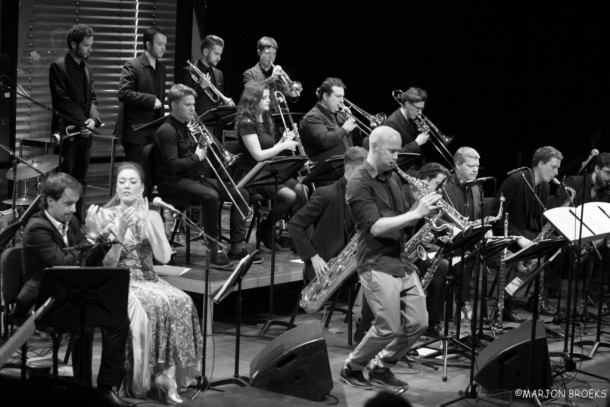
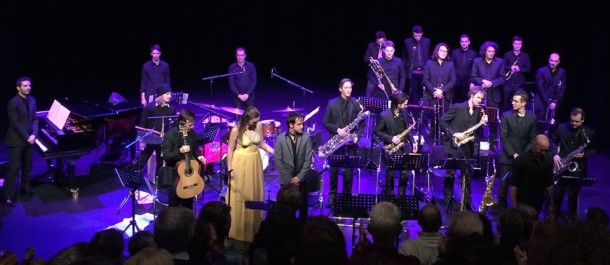
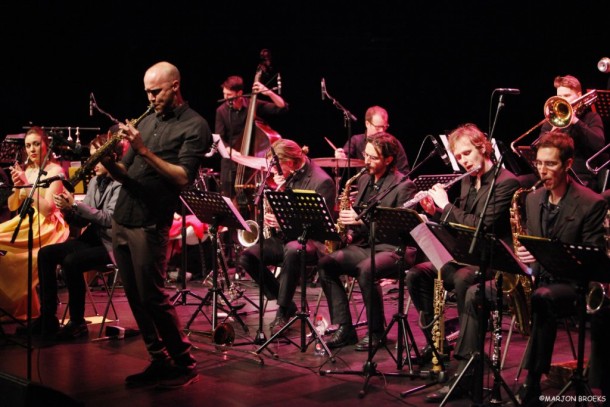
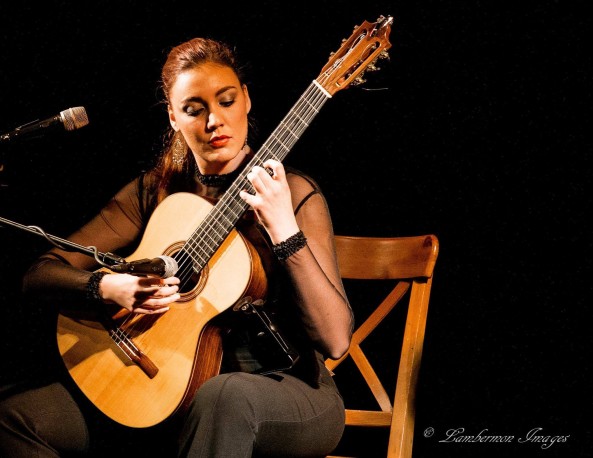
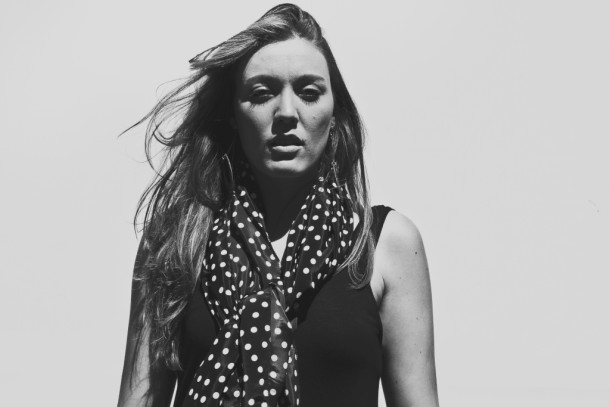
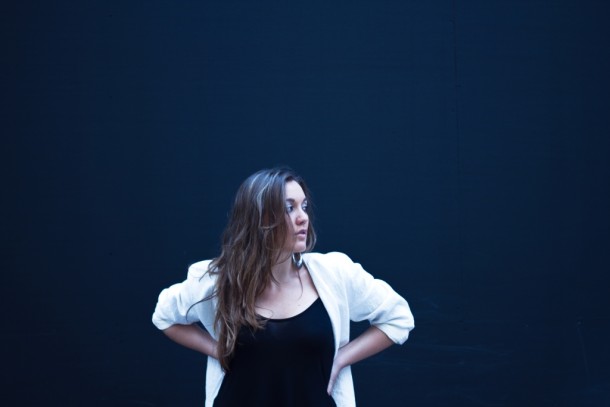
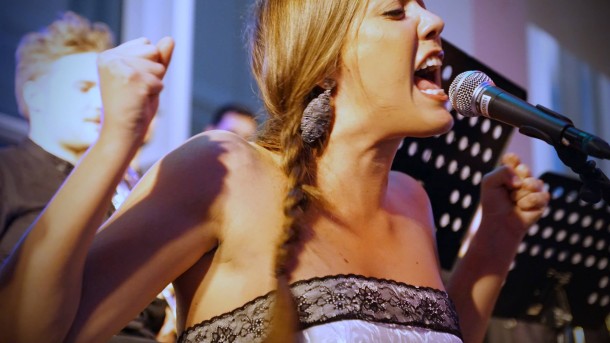
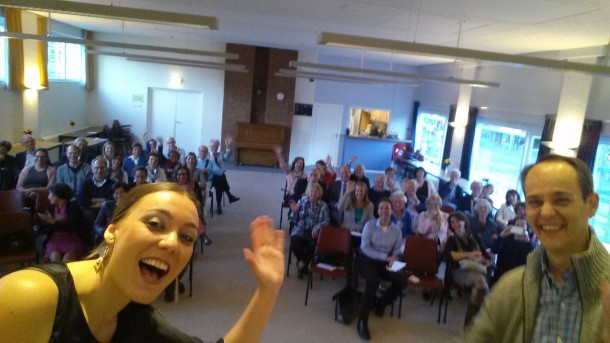
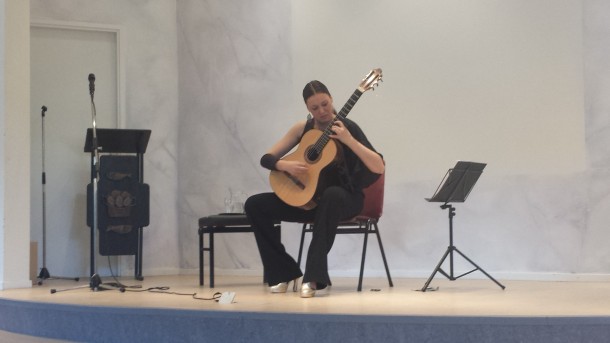
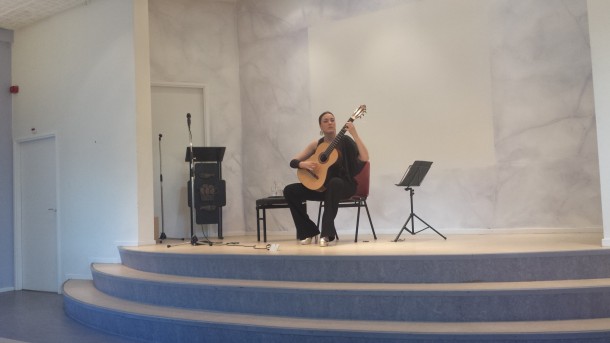
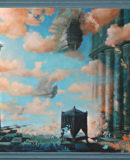










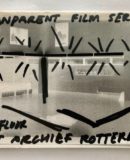


The opinions expressed by individual commentators and contributors do not necessarily constitute this website's position on the particular topic.